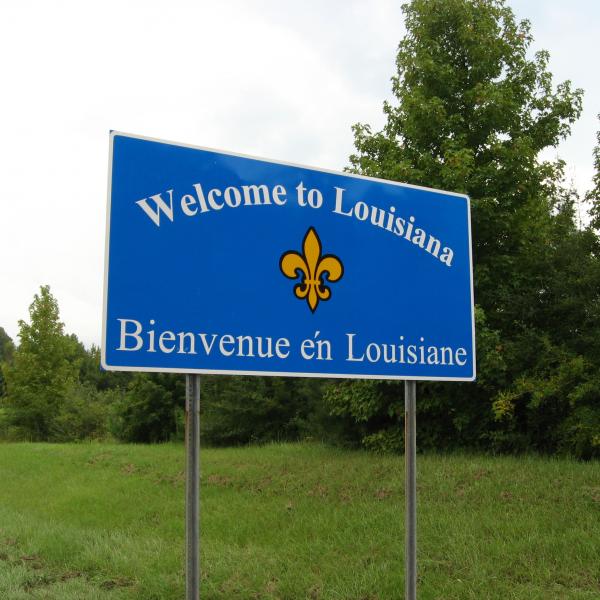On Friday I didn’t feel like I got to talk enough about the poems of Langston Hughes or about as many poems as I would like; I’m sure others felt the same way. So here’s a few of the things I wished I had said…and a space for further discussion as well. In addition to wanting to talk more, I also wished that it would have been possible to hear from more people about more poems.
“The Negro Speaks of Rivers”—Our discussion of Duke Ellington yesterday afternoon helped me to crystallize a thought that had been running through my head during the discussion. While I think it is absolutely right that Hughes is evoking a collective “I” and uniting Africans across time and space, transcending America and its recent past in order to remind us that the history of Africans is much much deeper, I couldn’t help but feel that we had lost track of or just passed over the “grounded” aspect of the poem.
As much as the poem is about something far broader than Hughes or America, I can’t help but think that it’s also very much a poem attached to a particular place and a particular moment. Hughes said that he wrote the poem (or conceived it…can’t remember) while he was on a train, crossing the Mississippi River. He’s leaving America, to stay with a father who has disdain for Africans and has given up on the possibility for his own success in America.
Hughes references the Mississippi using the word choice “bosom” which I found especially telling since it is a river often characterized as “feeding” America in so many ways. We touched on this a bit in our discussion yesterday; the river gives and takes; it’s muddy. While it provides a method of transit for America’s goods, one of those commodities was slaves. Its banks flood creating the fertile soil that grows cotton in the Mississippi Delta; however this very abundance of cotton leads to the harsh system of sharecropping that mostly benefits rich white absentee landowners and leaves those who toil on the land impoverished and undereducated. The river is a thing to be harnessed and controlled, but we often lose; people lose everything when it floods miles and miles inland. Yet the river is also a guide and a conduit; it guided people to bigger hopes in the north. It carried jazz, blues, and rock & roll up and out across America. I think it’s this hope and possibility that he focuses on when he talks about the river looking golden in the sunset.
I wonder if his feelings about this river can stand in for his feelings for America in general. I think it’s a way of saying that he’s not his father. Though he might be leaving, he hasn’t given up on the promise of America or Africans in America.
So that might be a more simple interpretation of the poem, but I believe that just as Ellington would have both a rhythm from another country and a simple structure of a folk music from the country in his music, that the simple but powerful expression is in Hughes’ poetry as well. To me it’s the interplay between the broad and the specific, the elevated and the earthy, that gives the poem (and the music) its complexity.
Huh…this is a lot of words already. I’ll just throw out another topic that I’m interested in and see if anyone bites: reinvention of the traditional symbolism attached to light, dark, sun, and night.
--Aimee Hendrix



